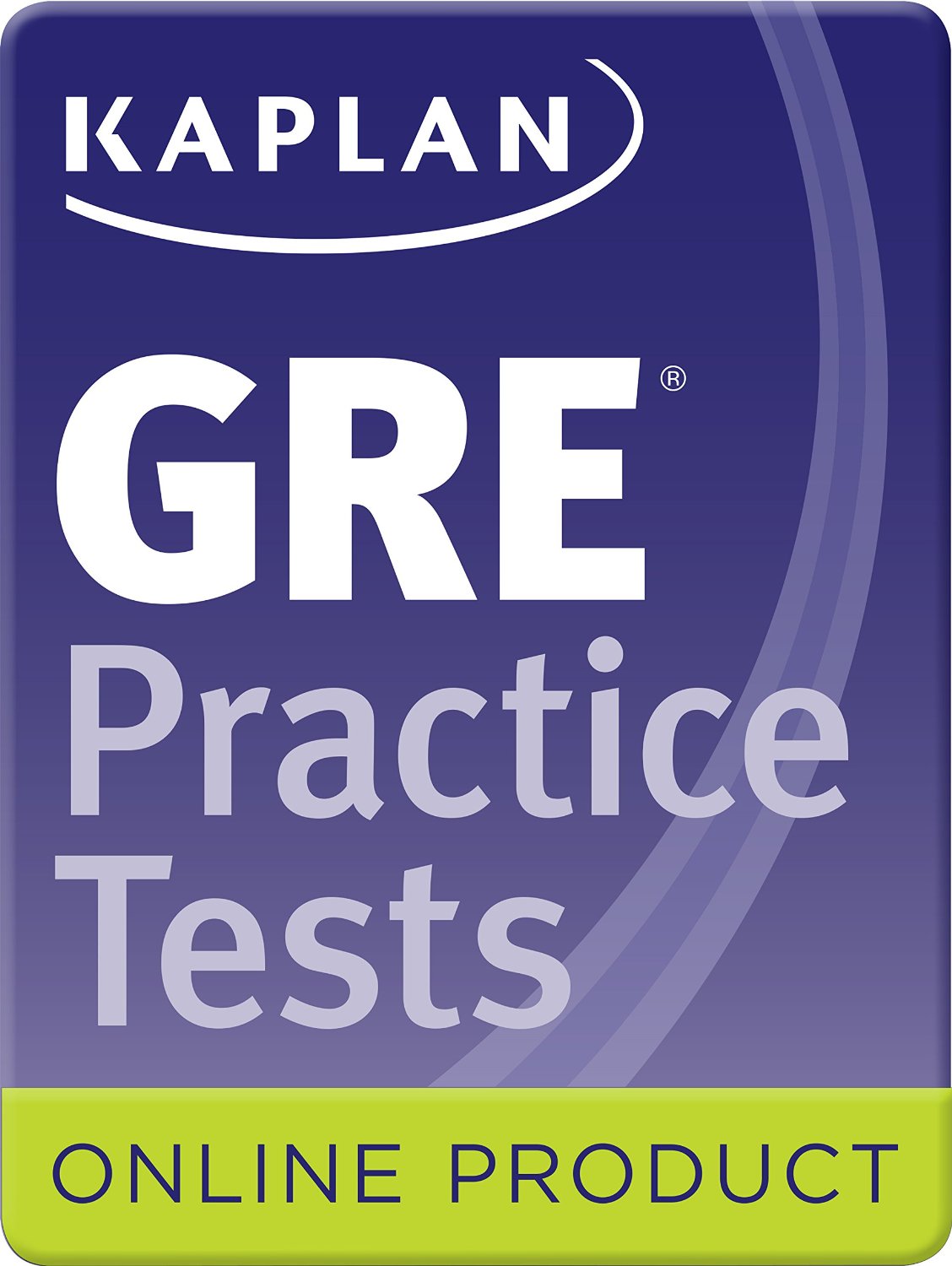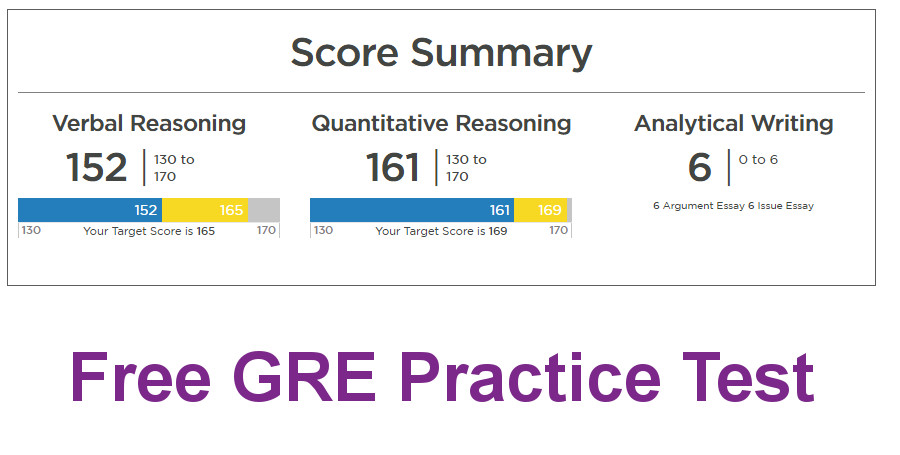

To gain more exposure to GRE-level reading material, the most fruitful approach would be to become familiar with the kinds of graduate-level prose, logical reasoning and rhetorical patterns typically found in GRE reading passages. Passages exhibiting this kind of graduate-level prose are adapted from material found in books and periodicals, both academic and nonacademic. GRE reading comprehension questions seek to assess critical reading skills by using texts that exhibit a level of complexity comparable to that encountered in graduate school. You shouldn’t expect to agree with everything you encounter in the reading passages. If this happens, take special care to work within the context provided by the passage. Sometimes your own views or opinions may conflict with those presented in a passage. Answer each question based on the information provided in the passage and don’t rely on outside knowledge.Read each question carefully and make sure you understand exactly what’s being asked.Does one apply the other to a particular circumstance?.Does one spell out the other in greater detail?.Are they contrasting? Are they consistent?.identify the relationship between different ideas, for example:.identify the main transitions from one idea to the next.distinguish ideas that the author is strongly committed to from those they advance as hypothetical or speculative.distinguish ideas that the author is advancing from those they’re merely reporting.distinguish main ideas from supporting ideas or evidence.


identifying the author's assumptions and perspective.understanding the structure of a text in terms of how the parts relate to one another.reasoning from incomplete data to infer missing information.drawing conclusions from the information provided.distinguishing between minor and major points.understanding the meaning of paragraphs and larger bodies of text.understanding the meaning of individual words and sentences.Reading Comprehension questions are designed to test the wide range of abilities required to read and understand the kinds of prose commonly encountered in graduate school.


 0 kommentar(er)
0 kommentar(er)
